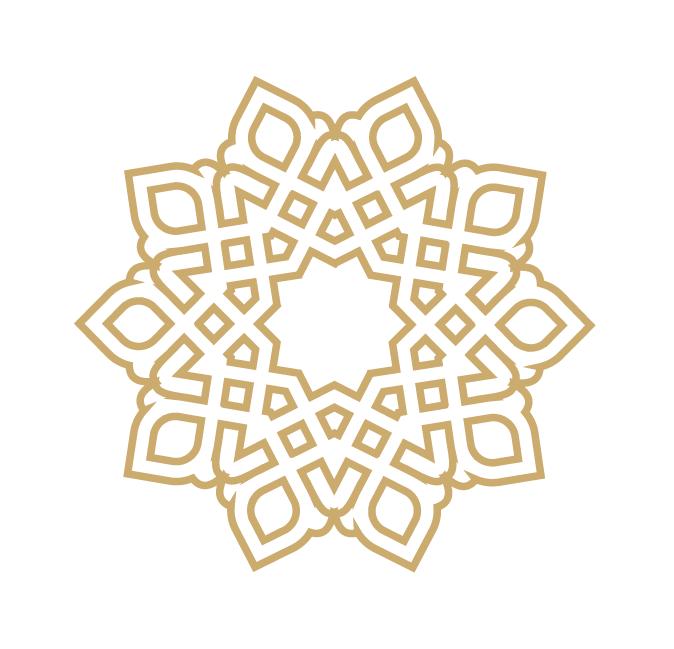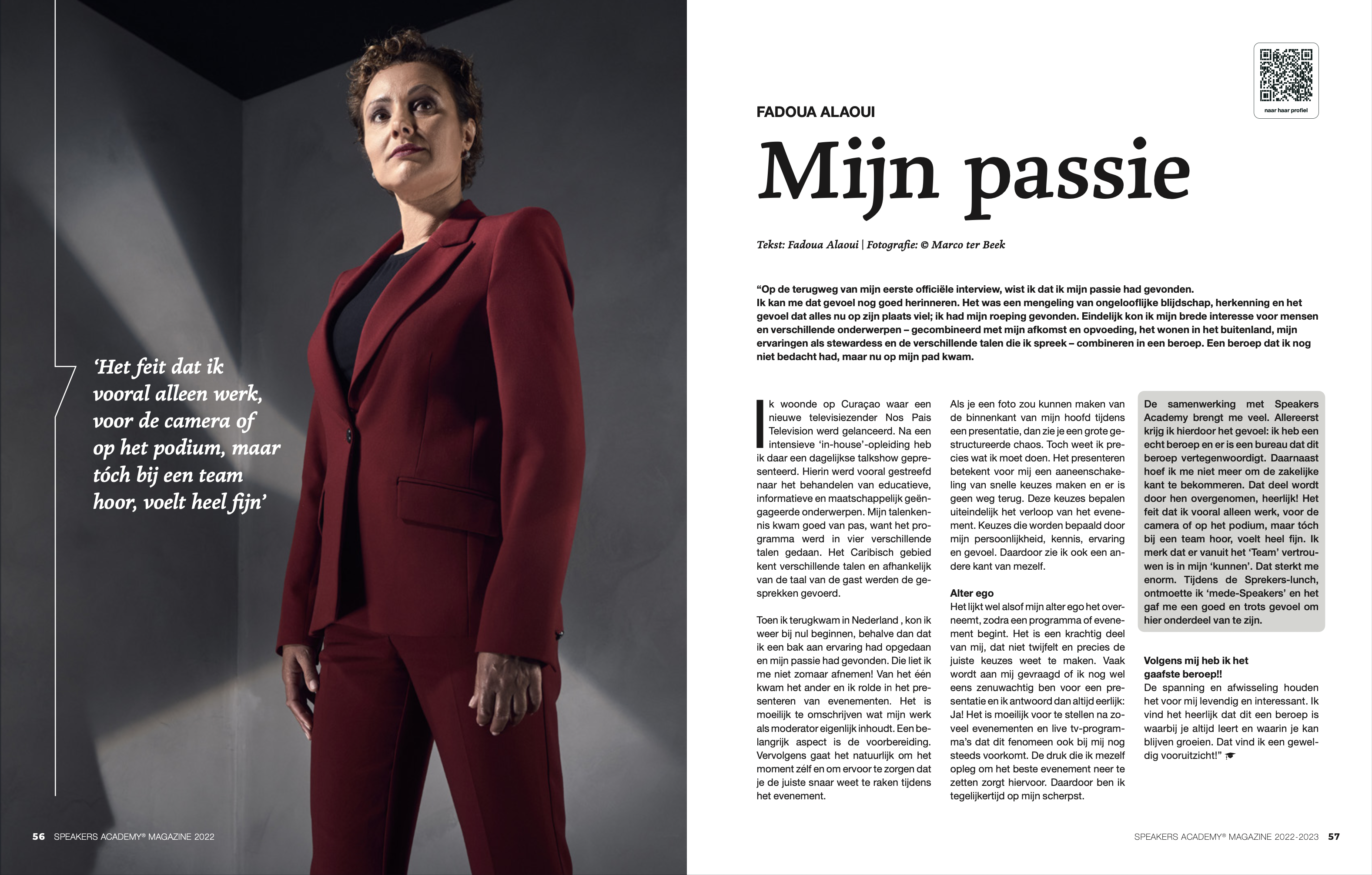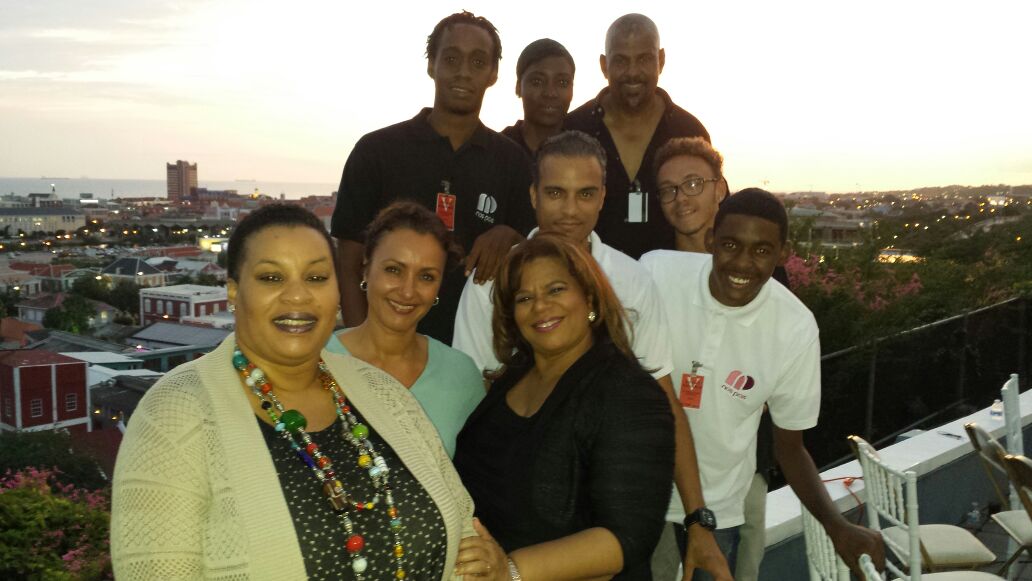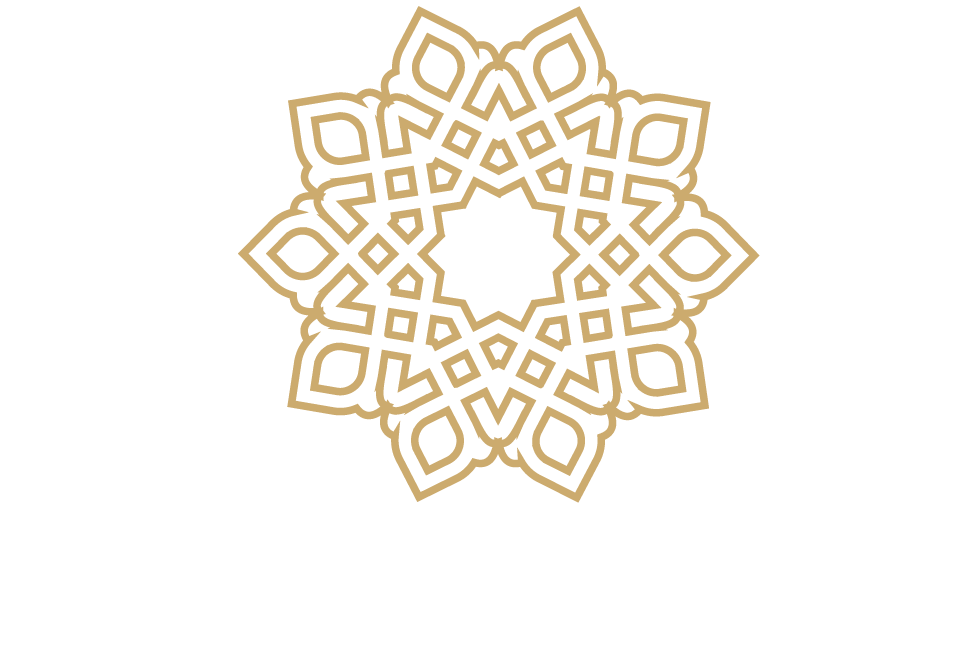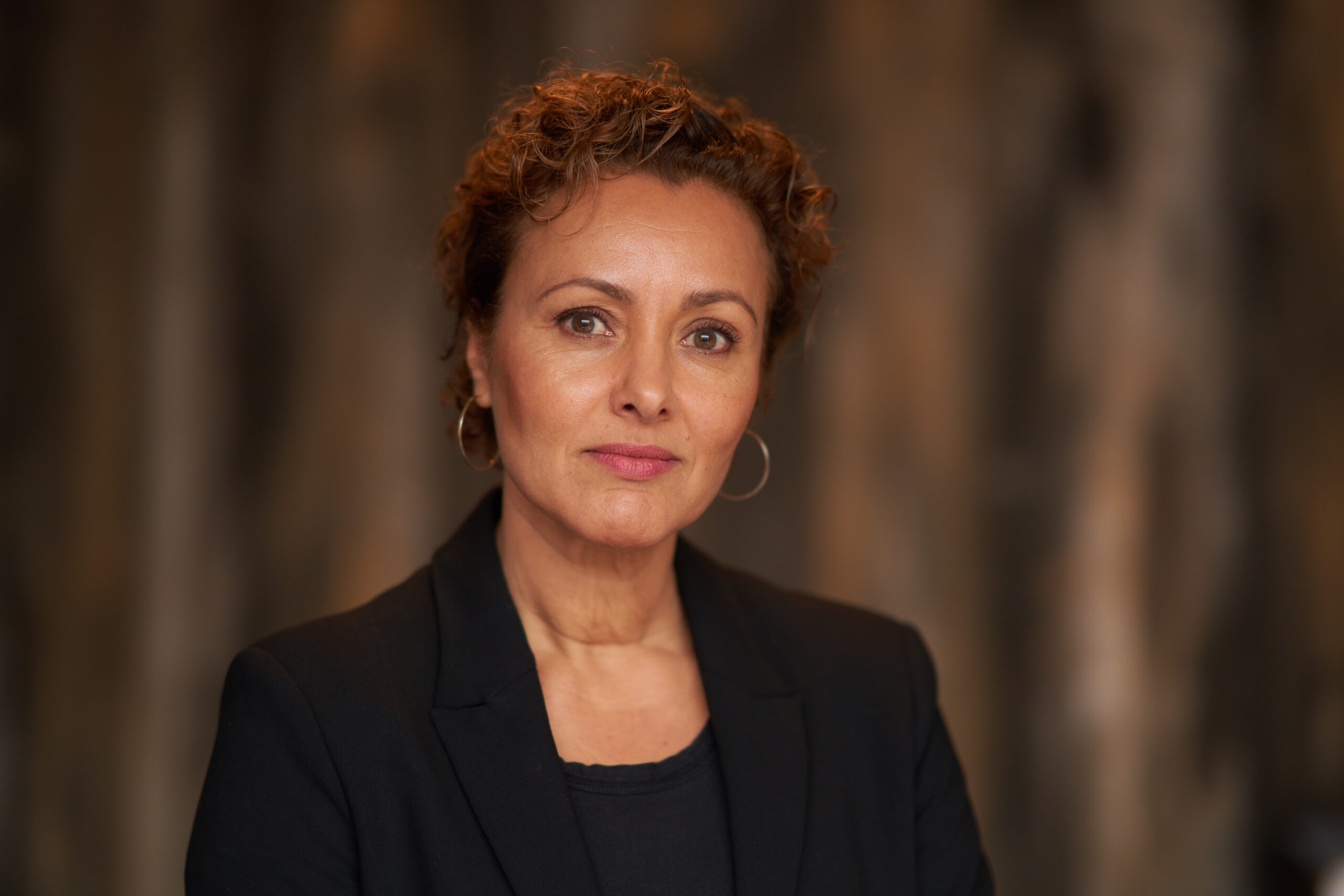
If you have lived on the other side of the world for twelve and a half years, you start to view the Netherlands in a different way; from a distance. Especially if, like me, you also have a Moroccan father. Then you are used to looking at things from different angles… How is it that people on the western side of the Dutch Kingdom generally have so little knowledge of the overseas part of the Kingdom?
This is in great contrast to the residents of the overseas territories, who are generally much better informed about Western Dutch and Caribbean Dutch history. Why is it that people in the Netherlands have so little knowledge of the origins of the Dutch population as it looks today? Some things still remain from recent years, but people no longer really know how and why the Indonesians, Surinamese, Antilleans, Spaniards, Turks and Moroccans came to the Netherlands. People often say that they are “lucky seekers”, but there is little knowledge about the fact that the situation was often more nuanced, and the Netherlands has always played a major role in this. Now, in my opinion, this is not only due to poor memory and knowledge, but also to the way in which these times are taught… or rather; the lack thereof!
At the same time, I hear a completely different story about Dutch people who have left the Netherlands in search of a better or different life. Take the farmers after the Second World War. Do you call them adventurers? Courageous men and women who rebuilt their lives elsewhere? And what was it called when they visited each other, lived near each other and made delicacies from home and shared them with each other? Celebrated the festivals that were so dear to them; Nostalgia? I can remember as a child, growing up in Utrecht, that it was often said that “they” had to adapt. “They” mainly had to learn the language. And by “they” we meant the “immigrants”. However, what is it like when a Dutch person living abroad still speaks little or no local language after years? Logically? Understandable?
These are things that concern me. But what concerns me most is how important it is that this knowledge of our history is shared with our young people. Especially in this time when polarization is gaining momentum, while we still have a shared history with each other. Although this is not always rosy, it connects us. I think it is of the utmost importance to know and understand our history, not to get stuck in it, but to be able to shape our future in a positive way! And as long as we don’t see that, we are blind to all the beauty that is there!
